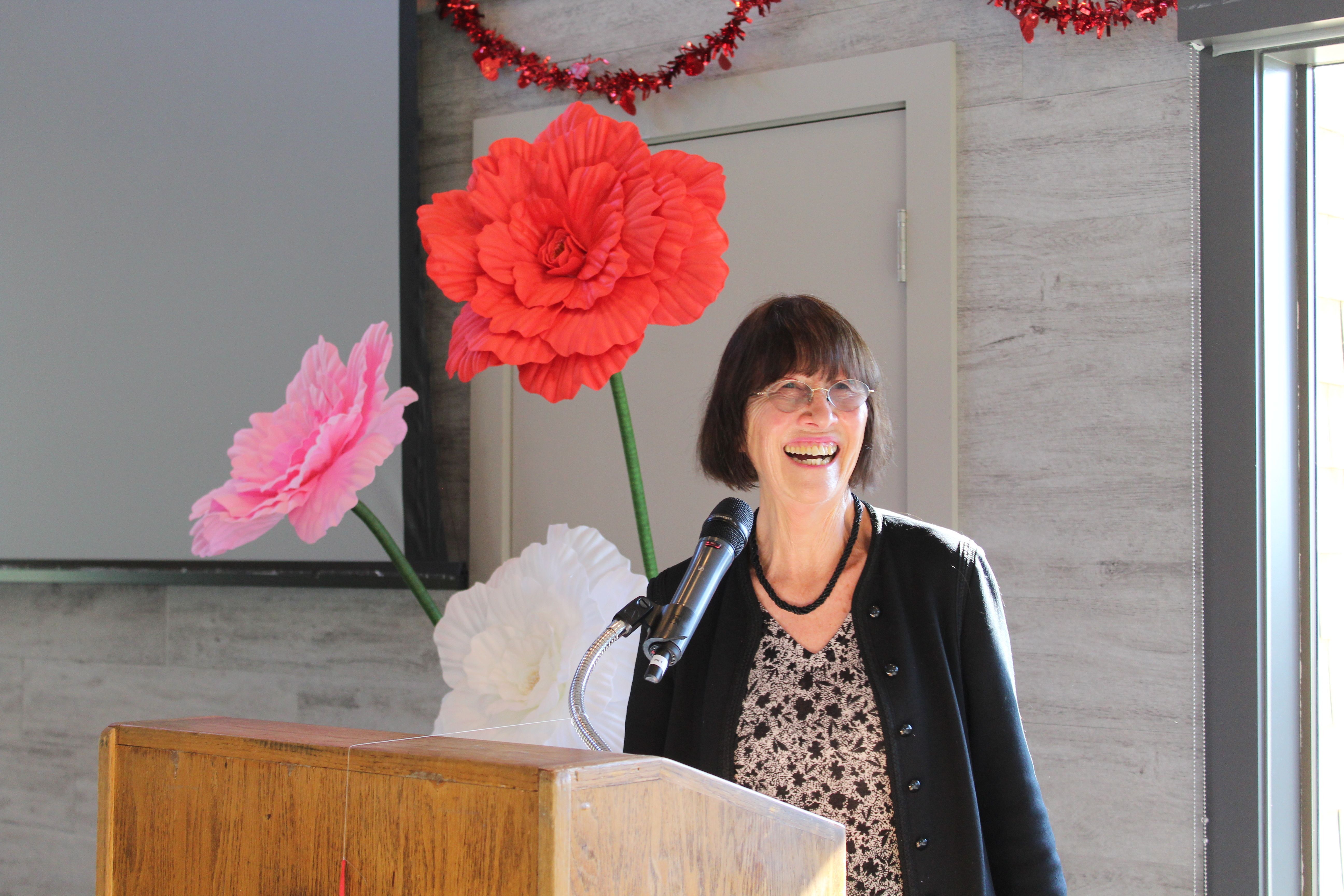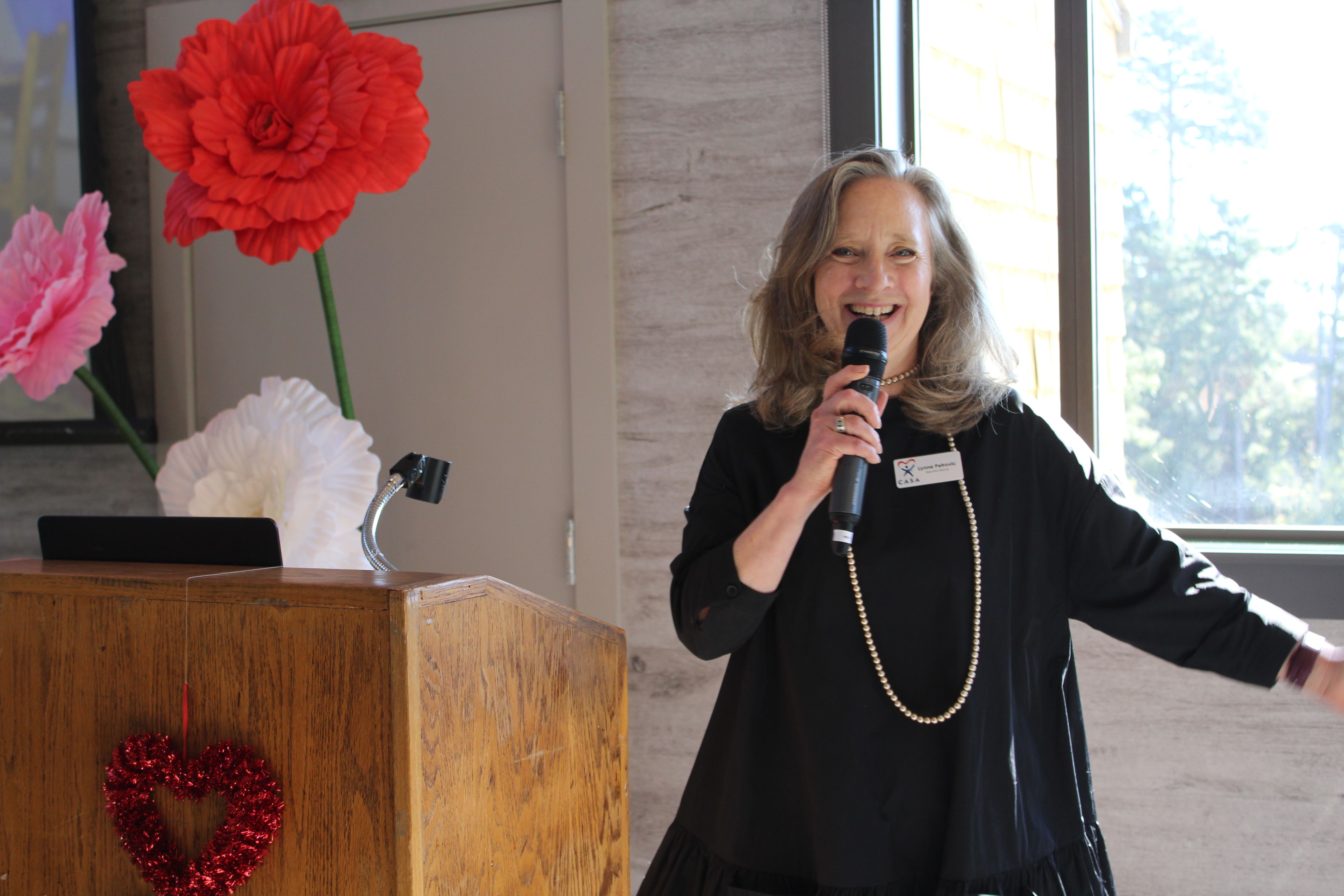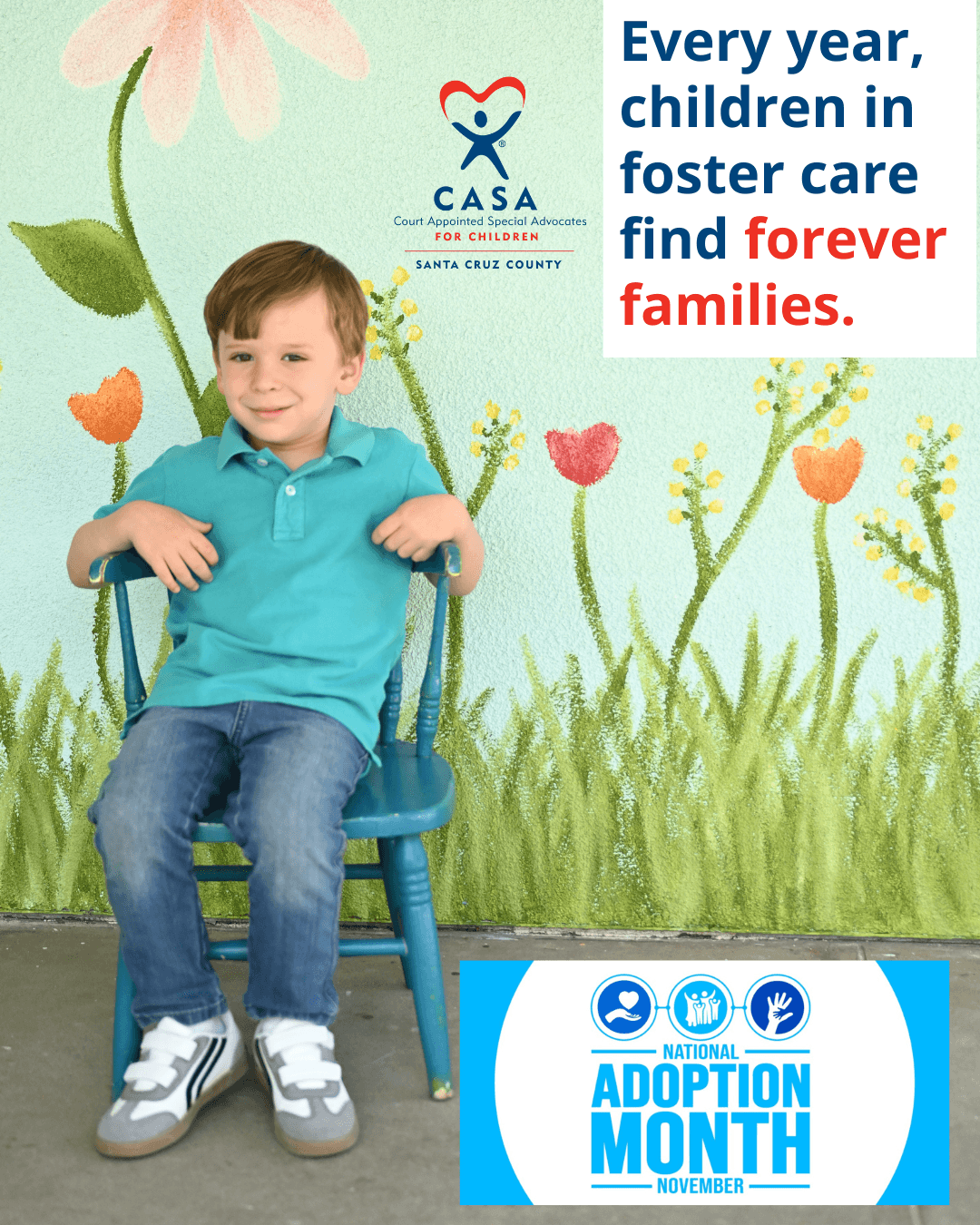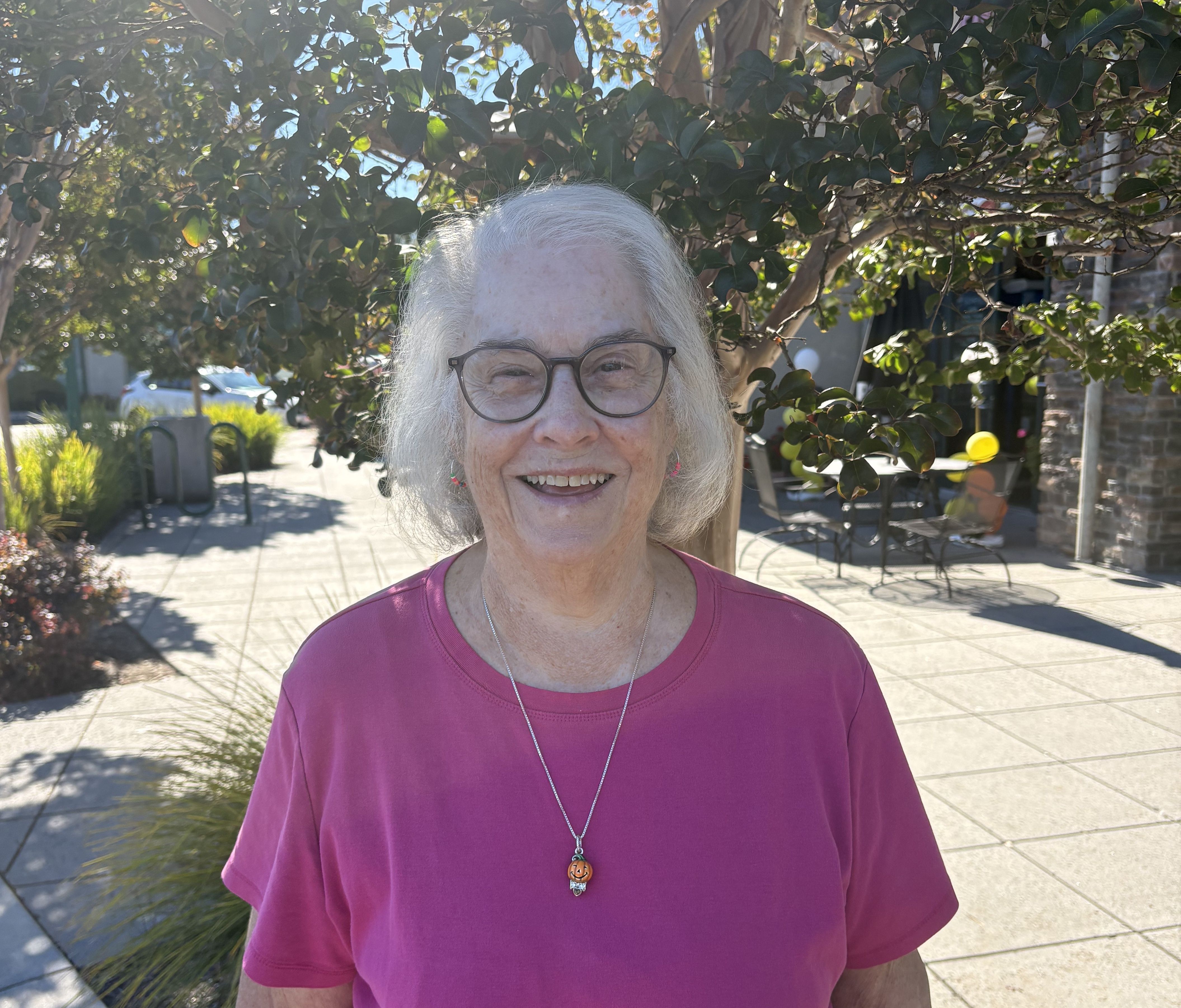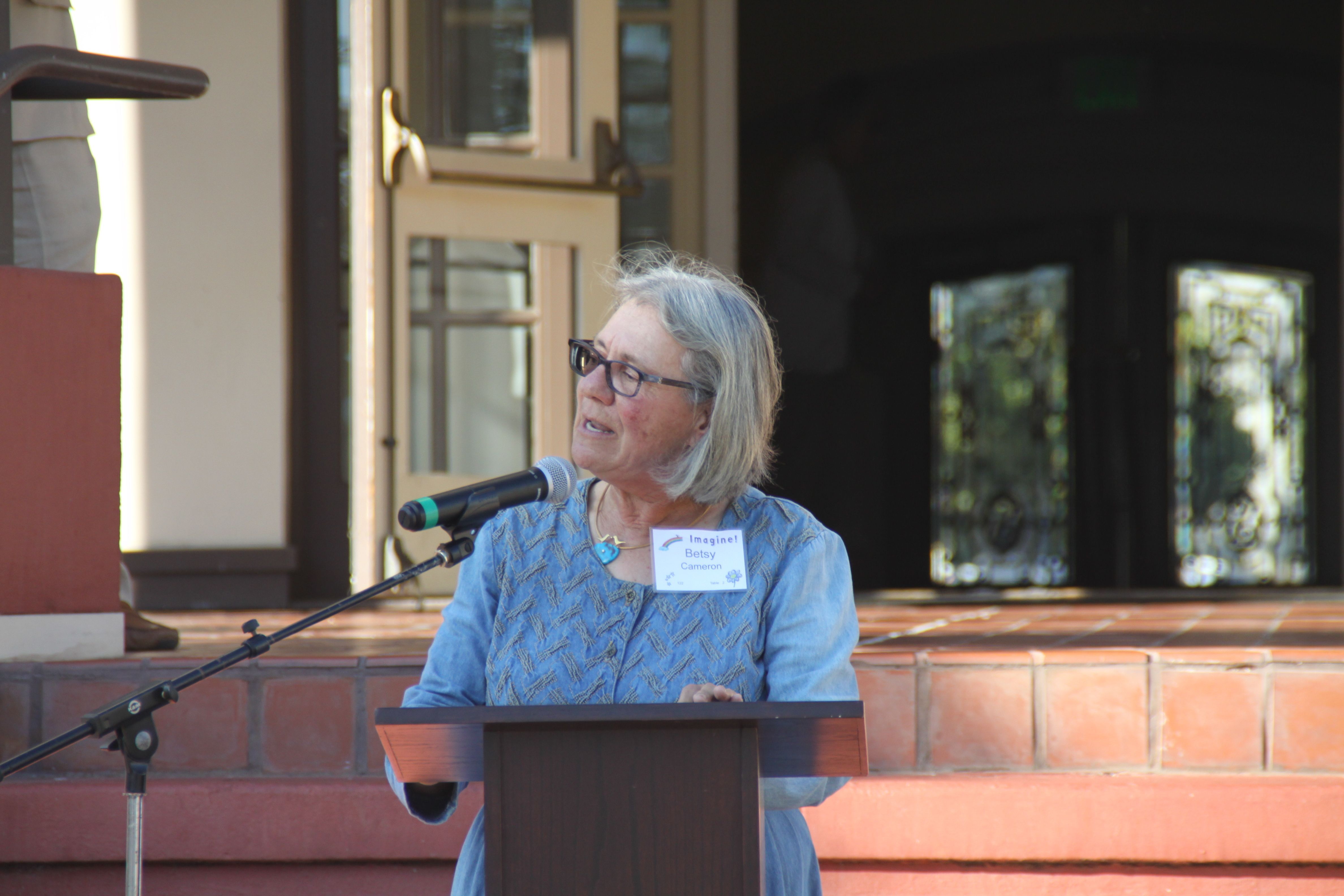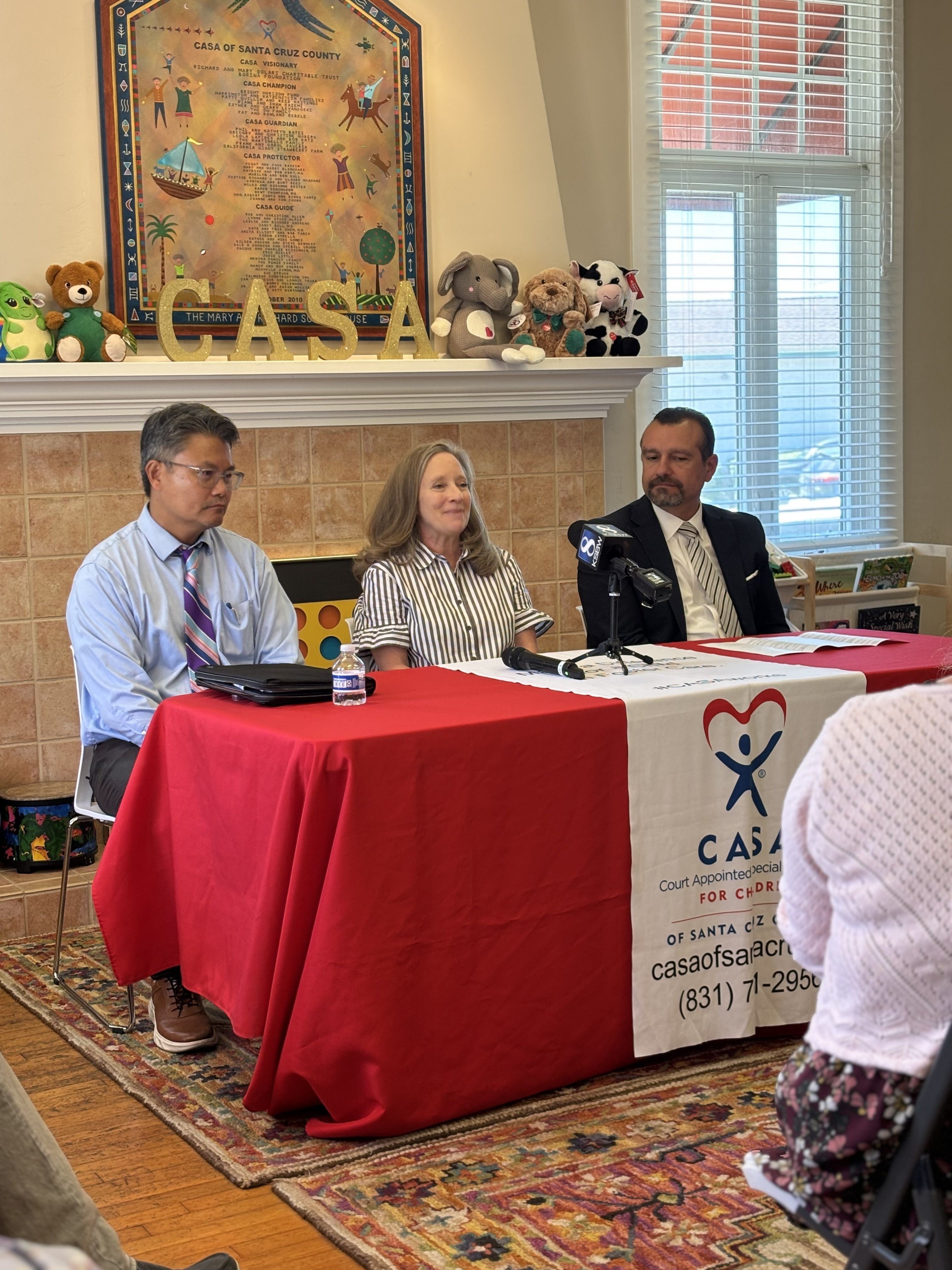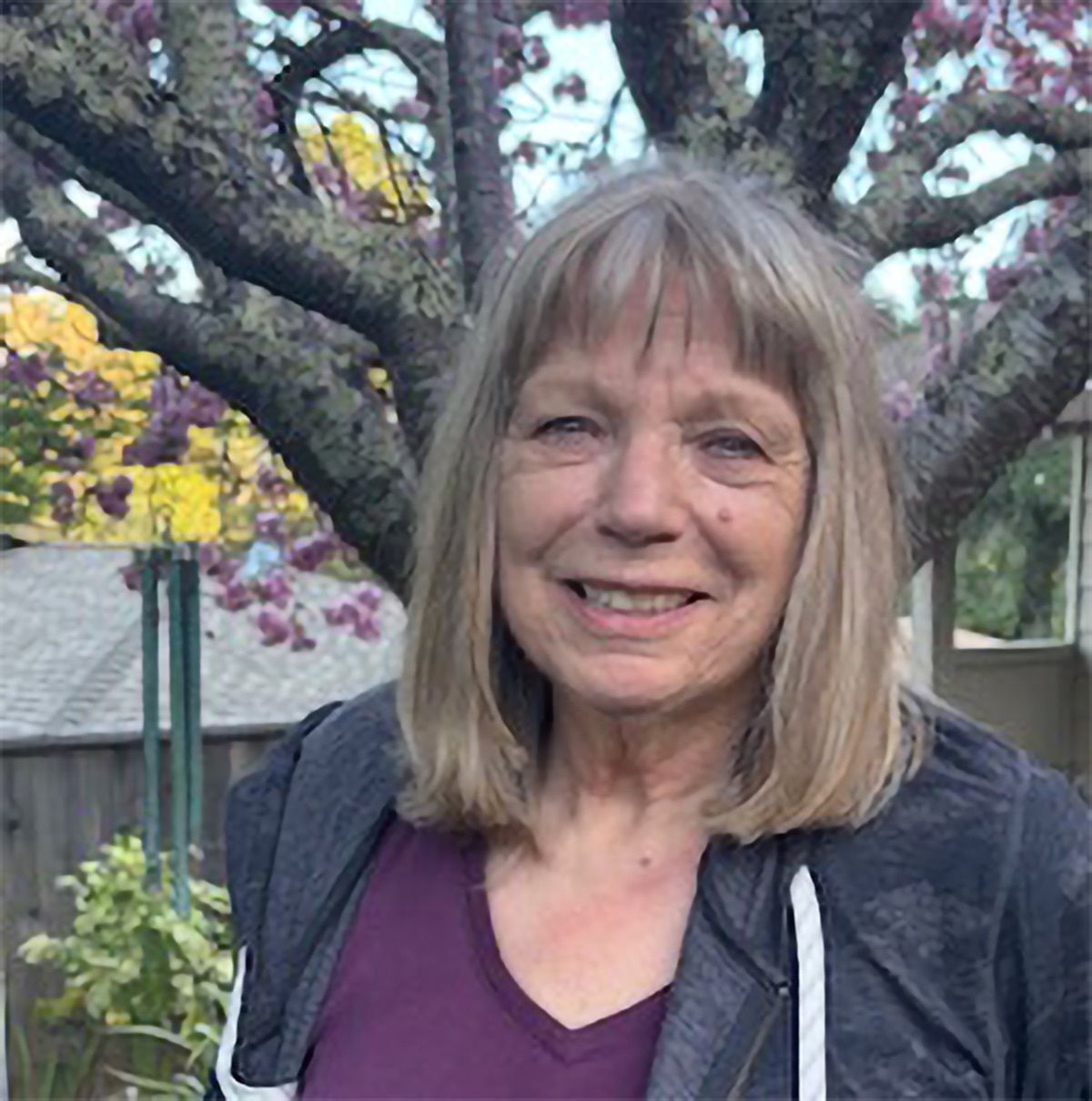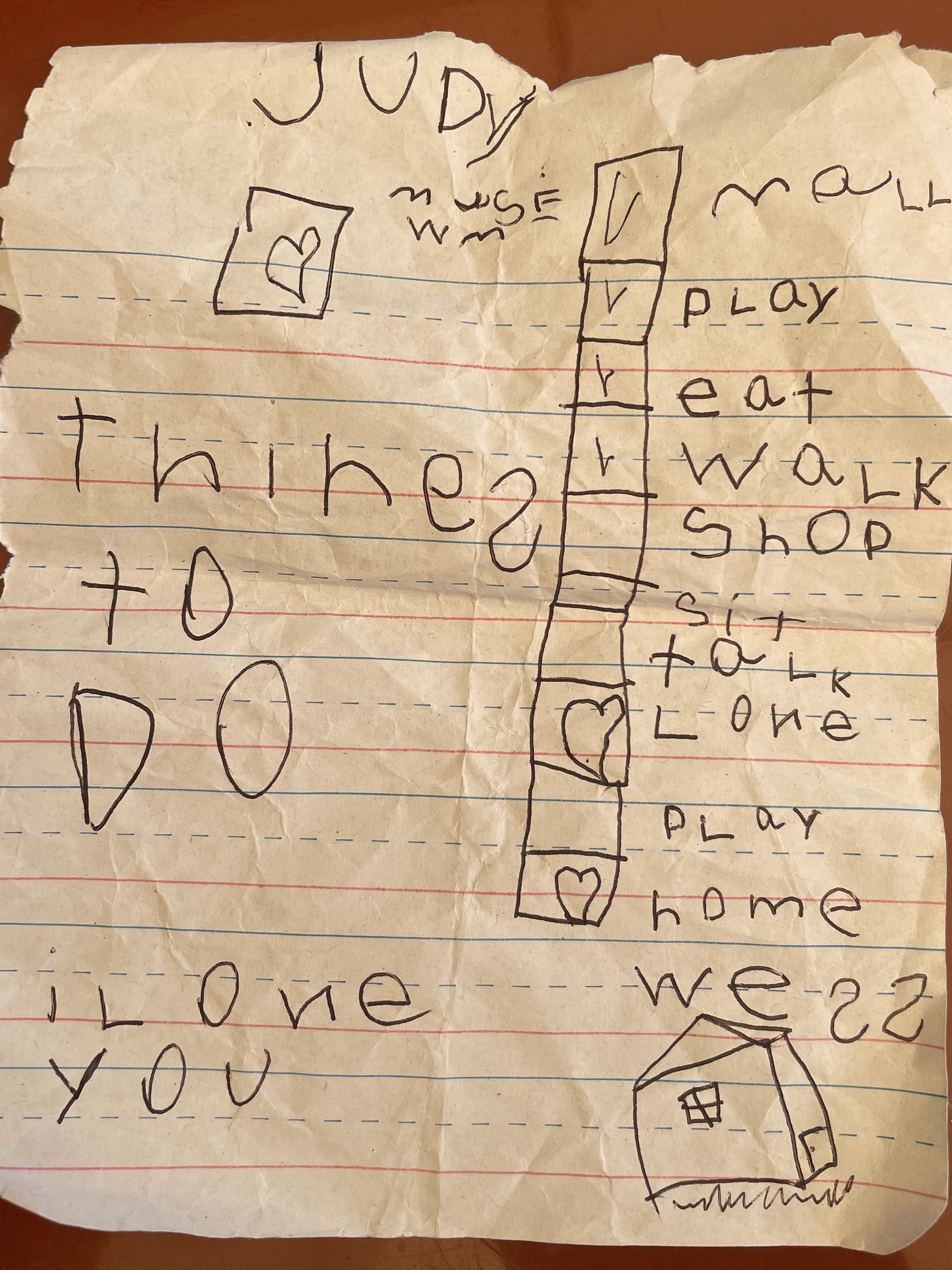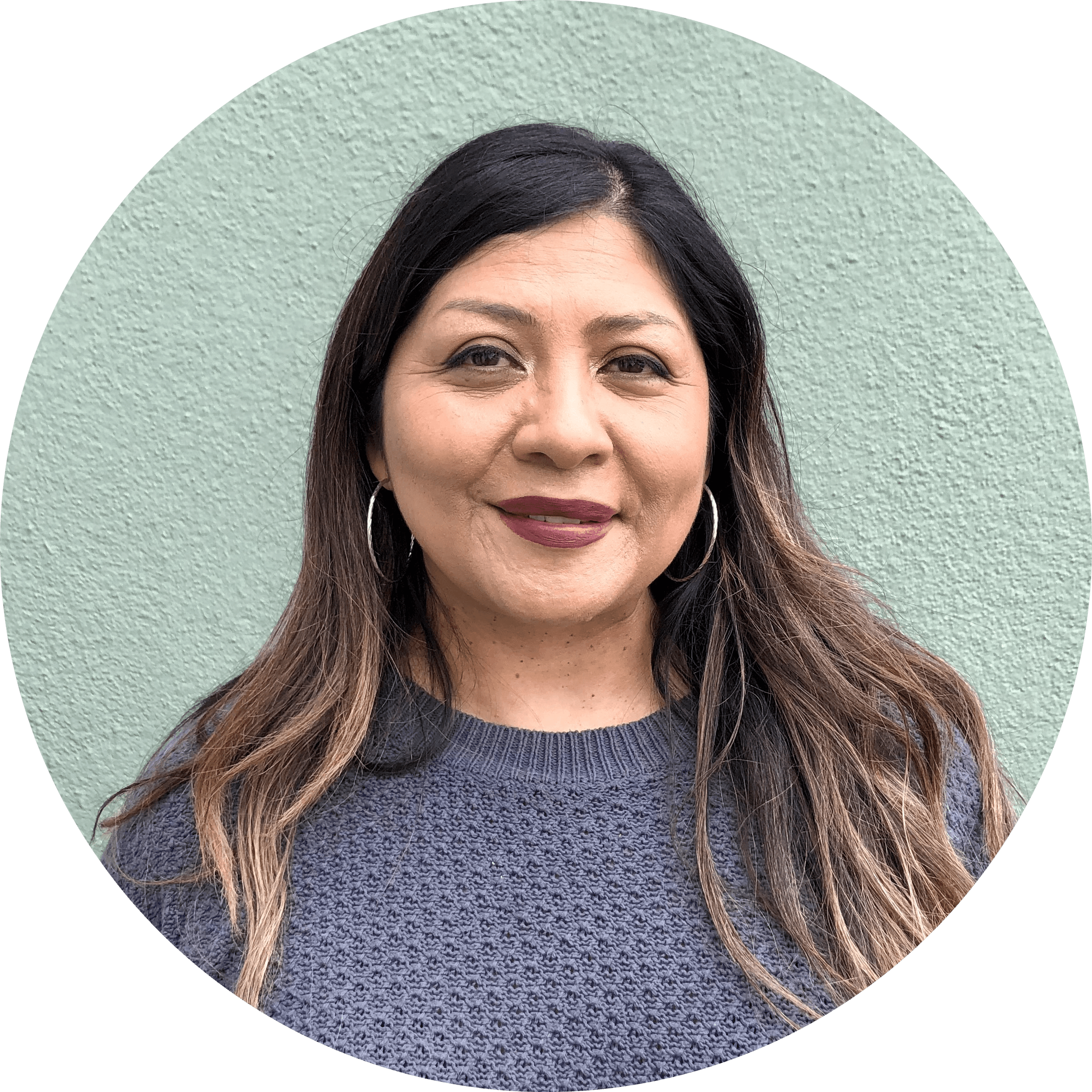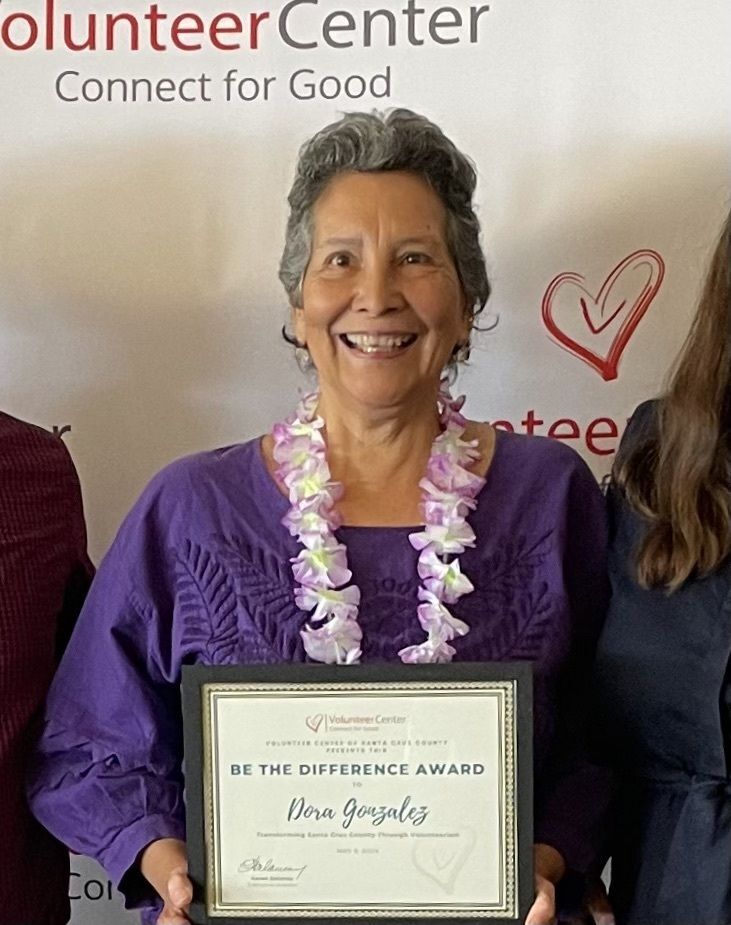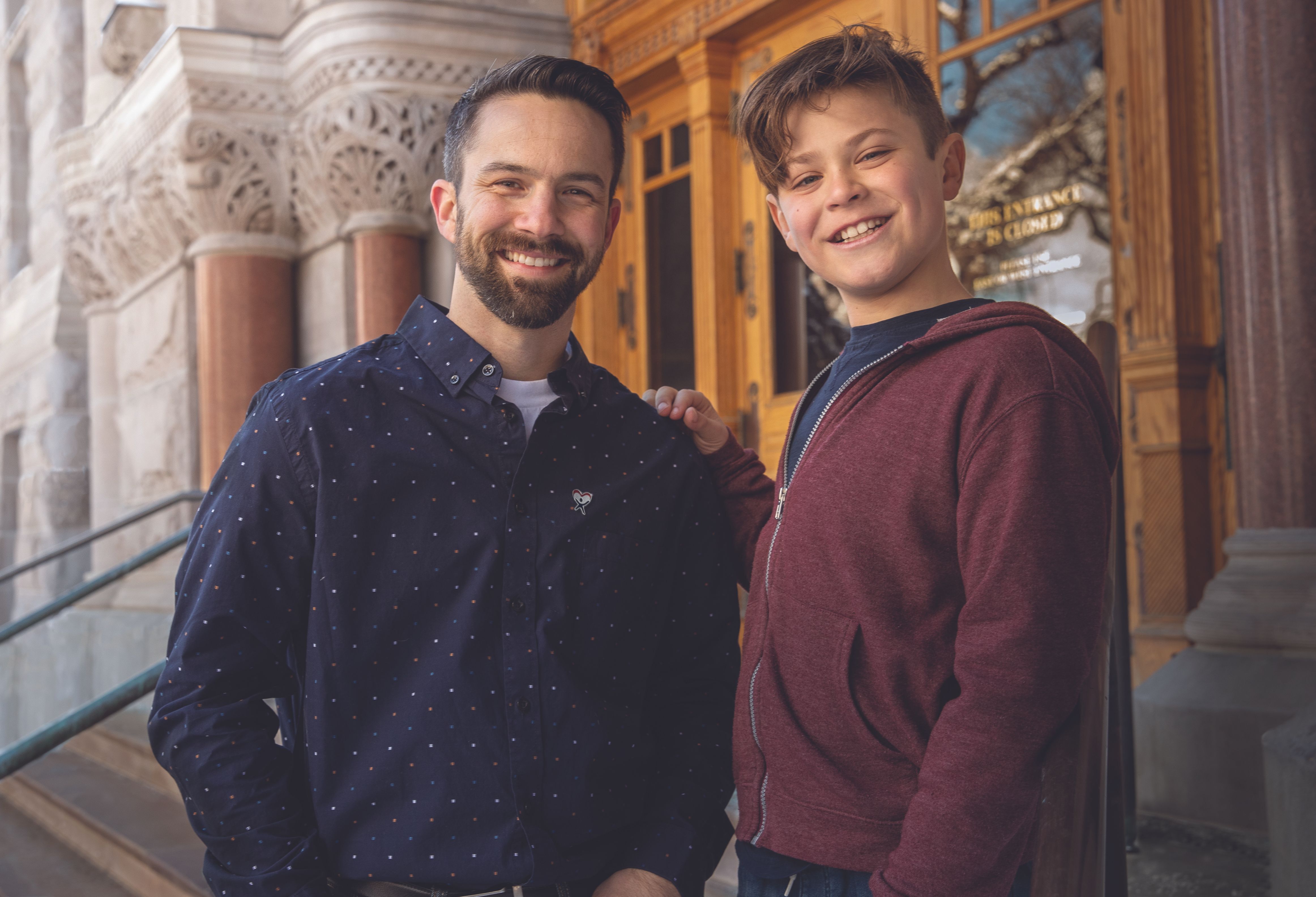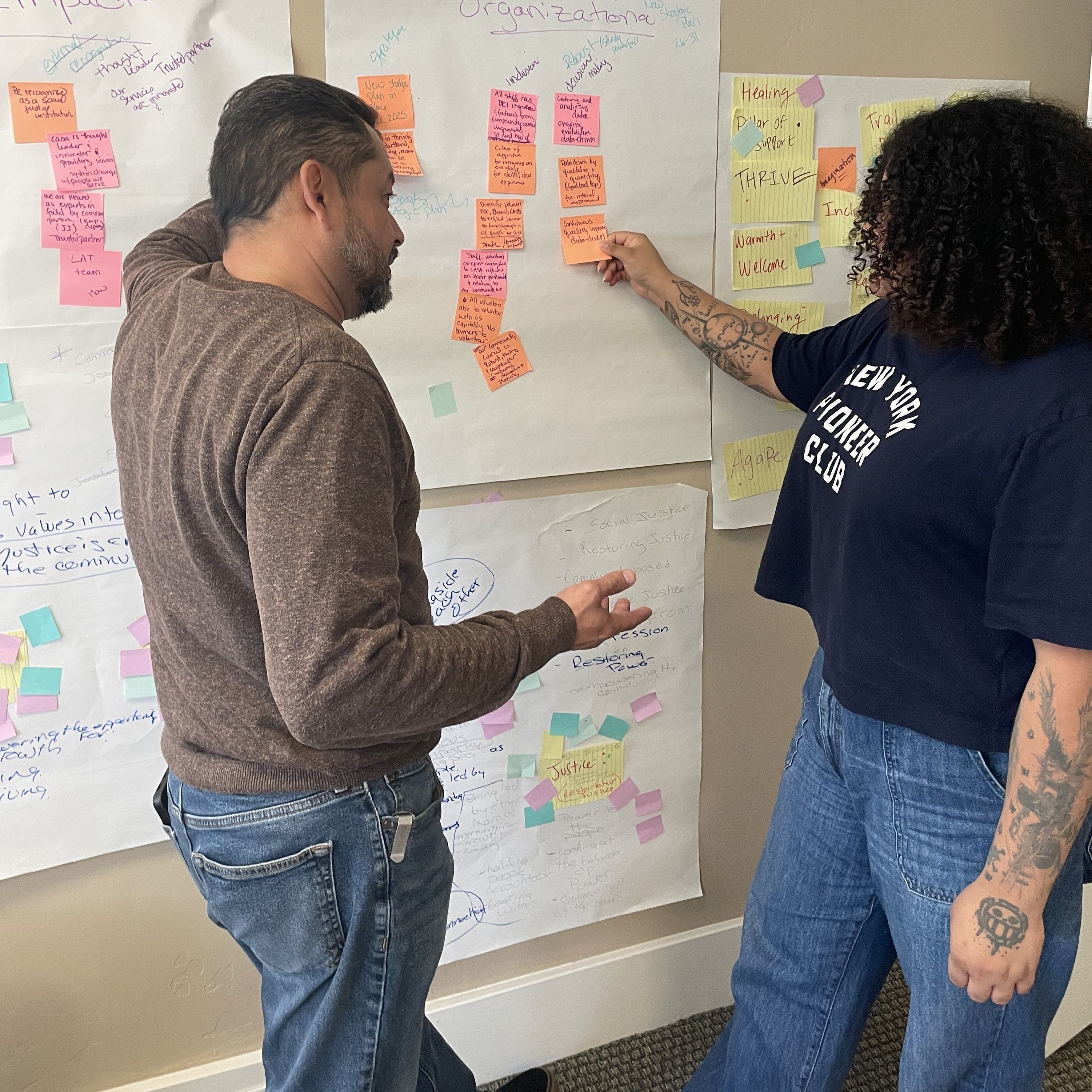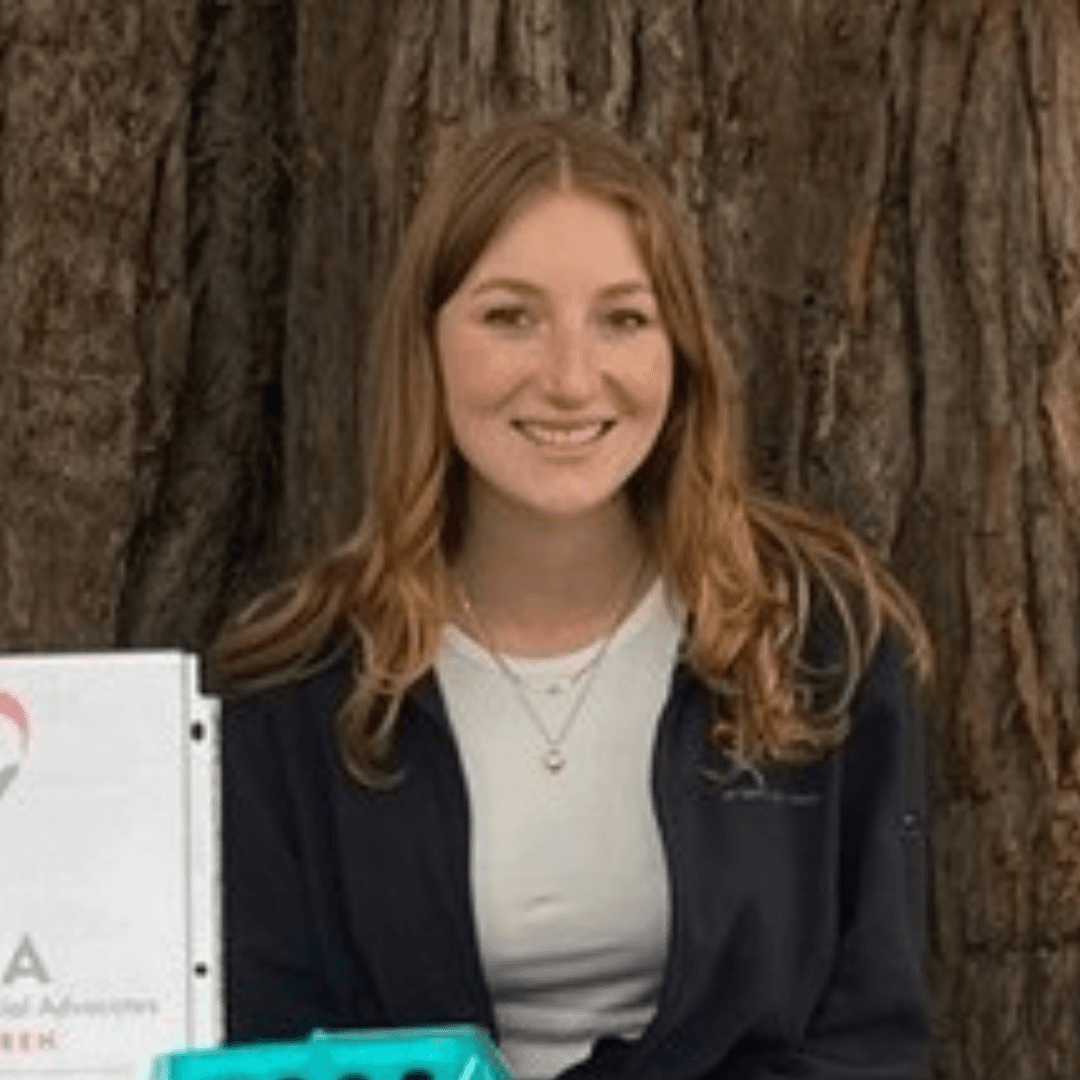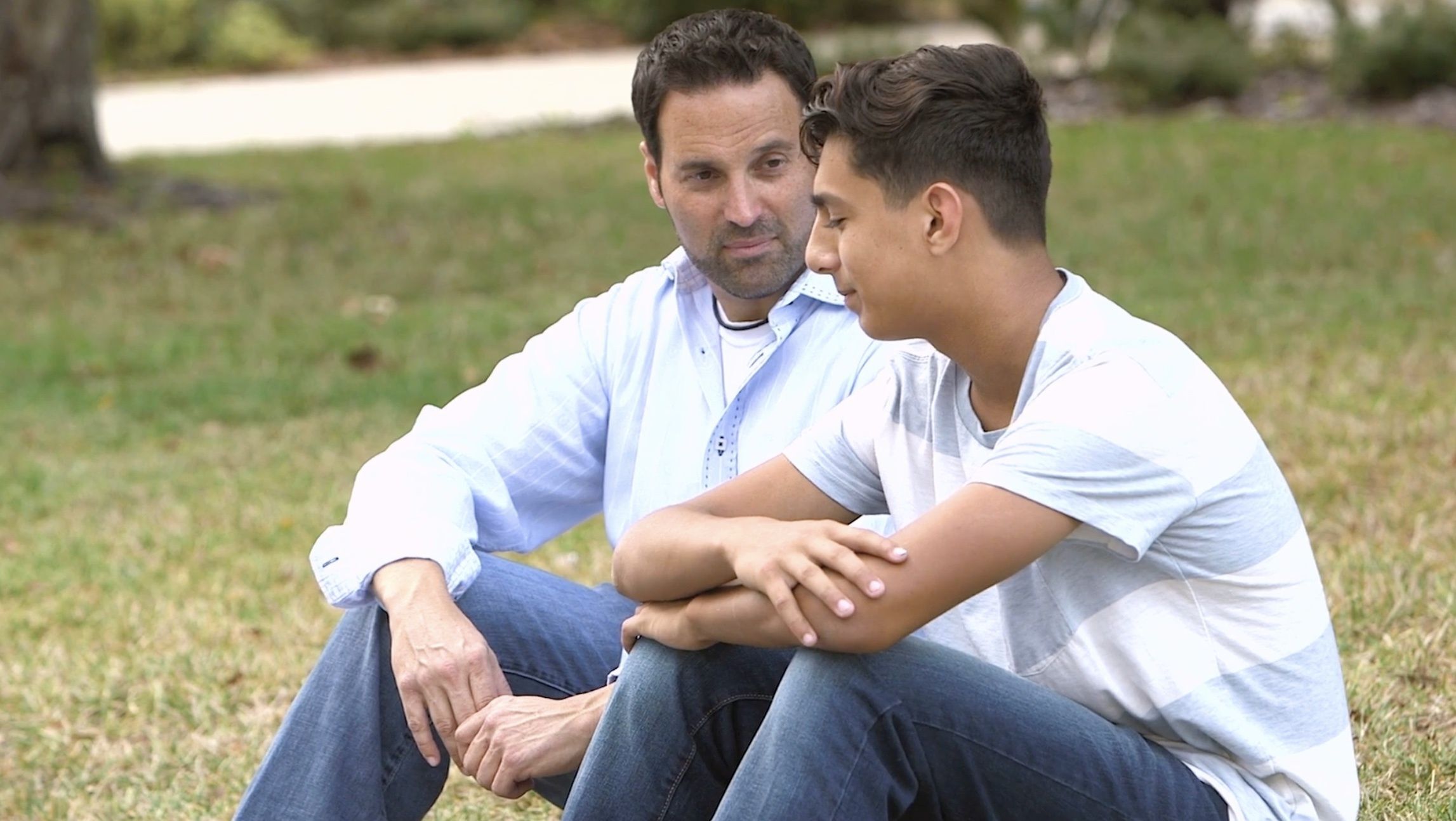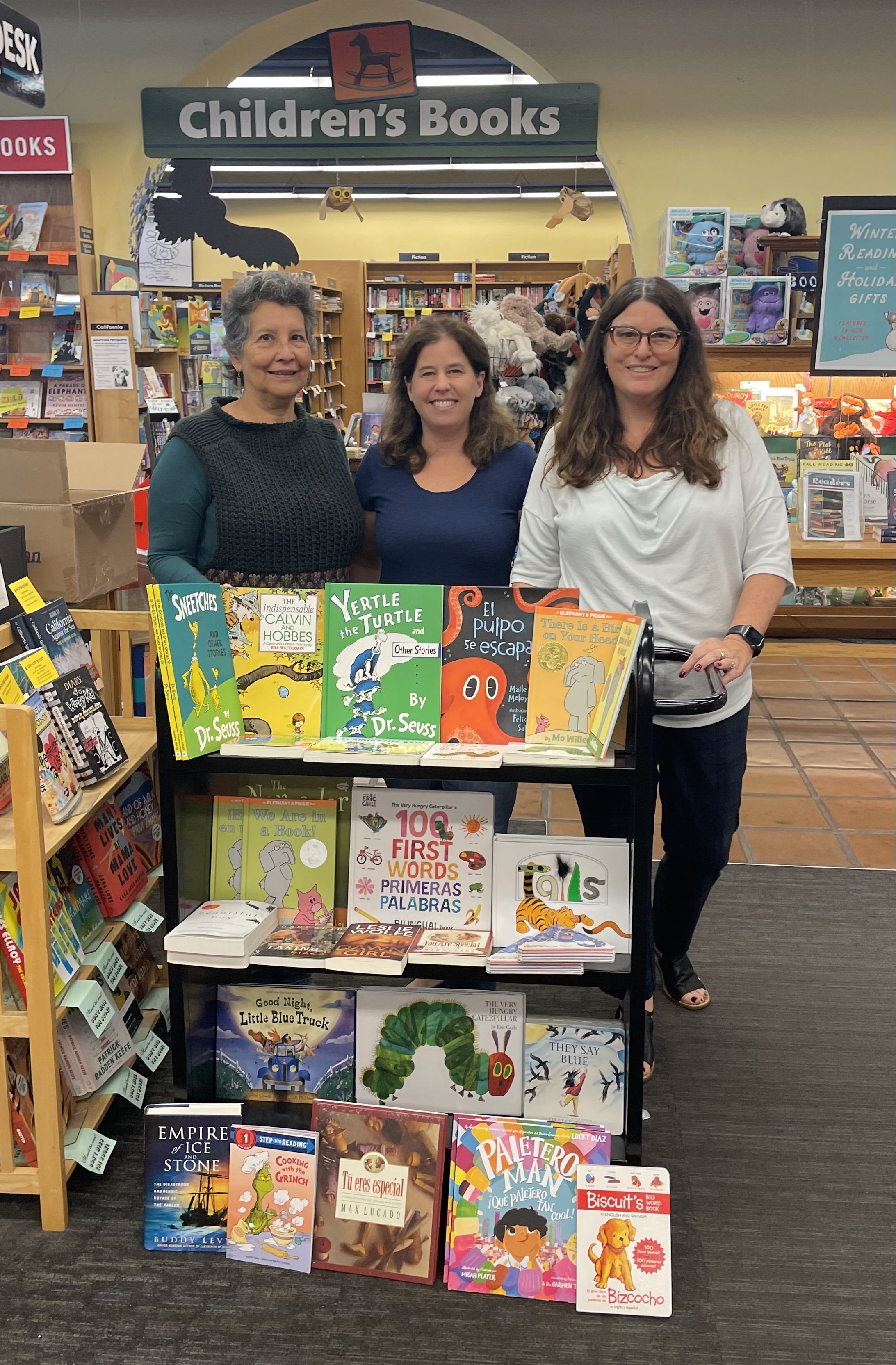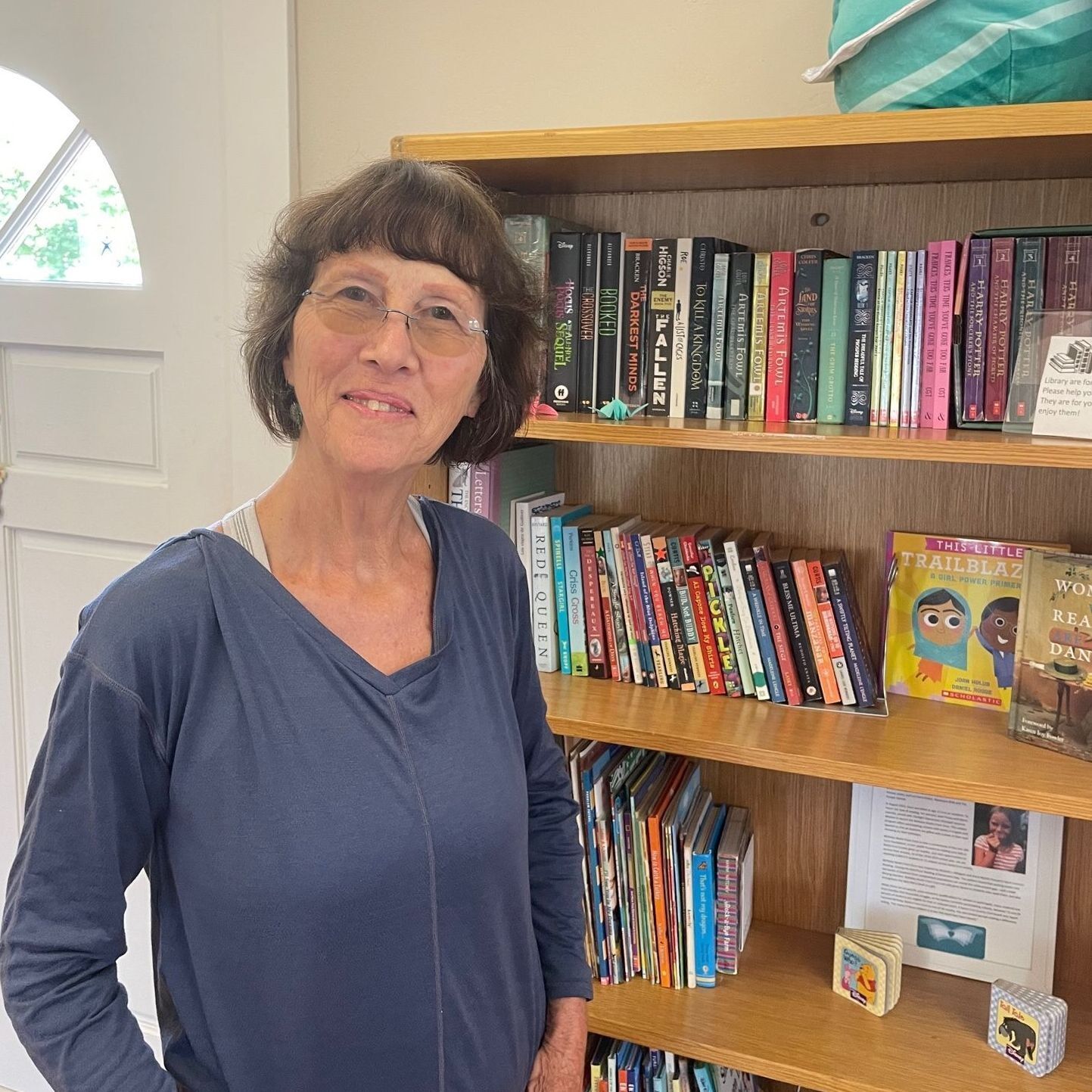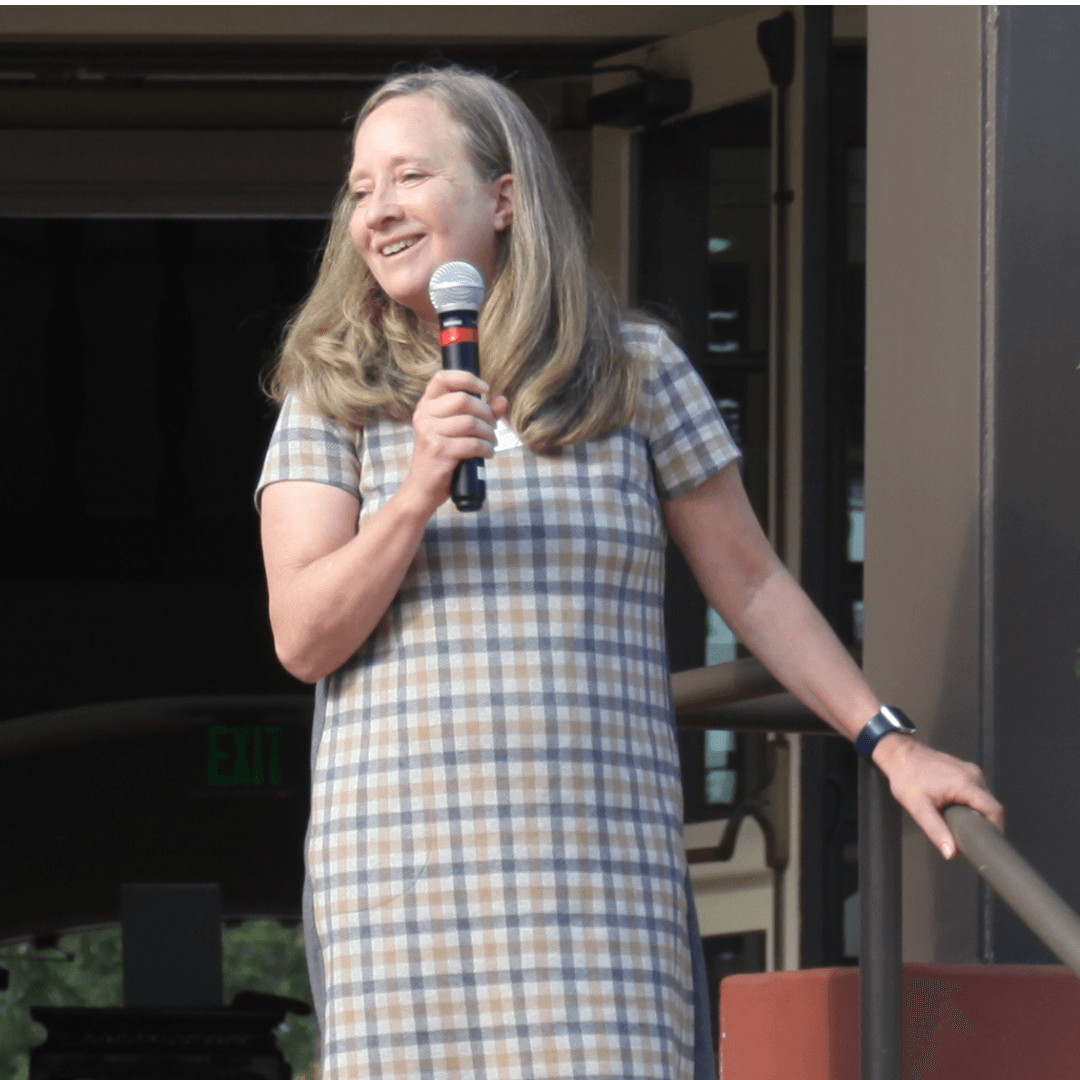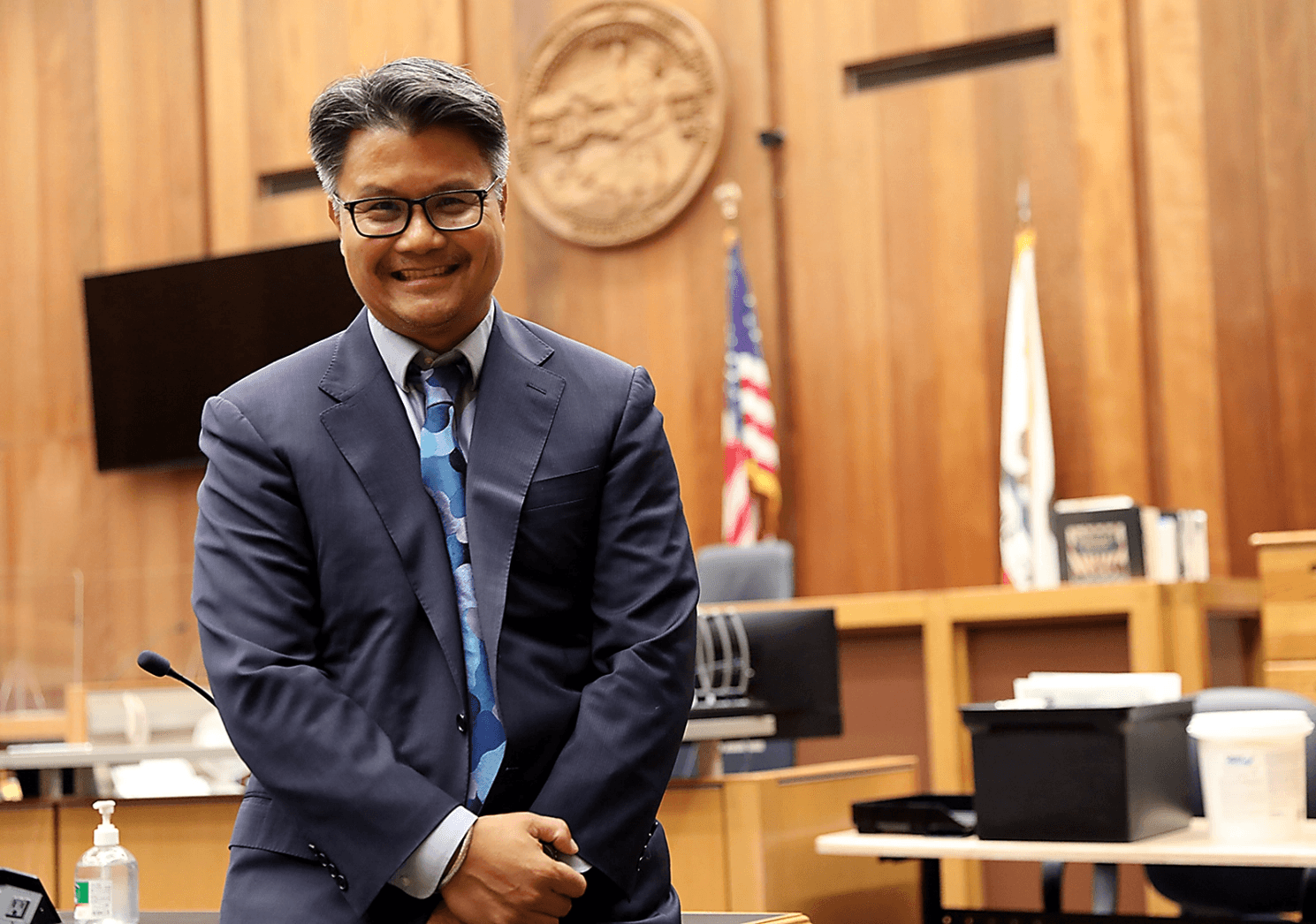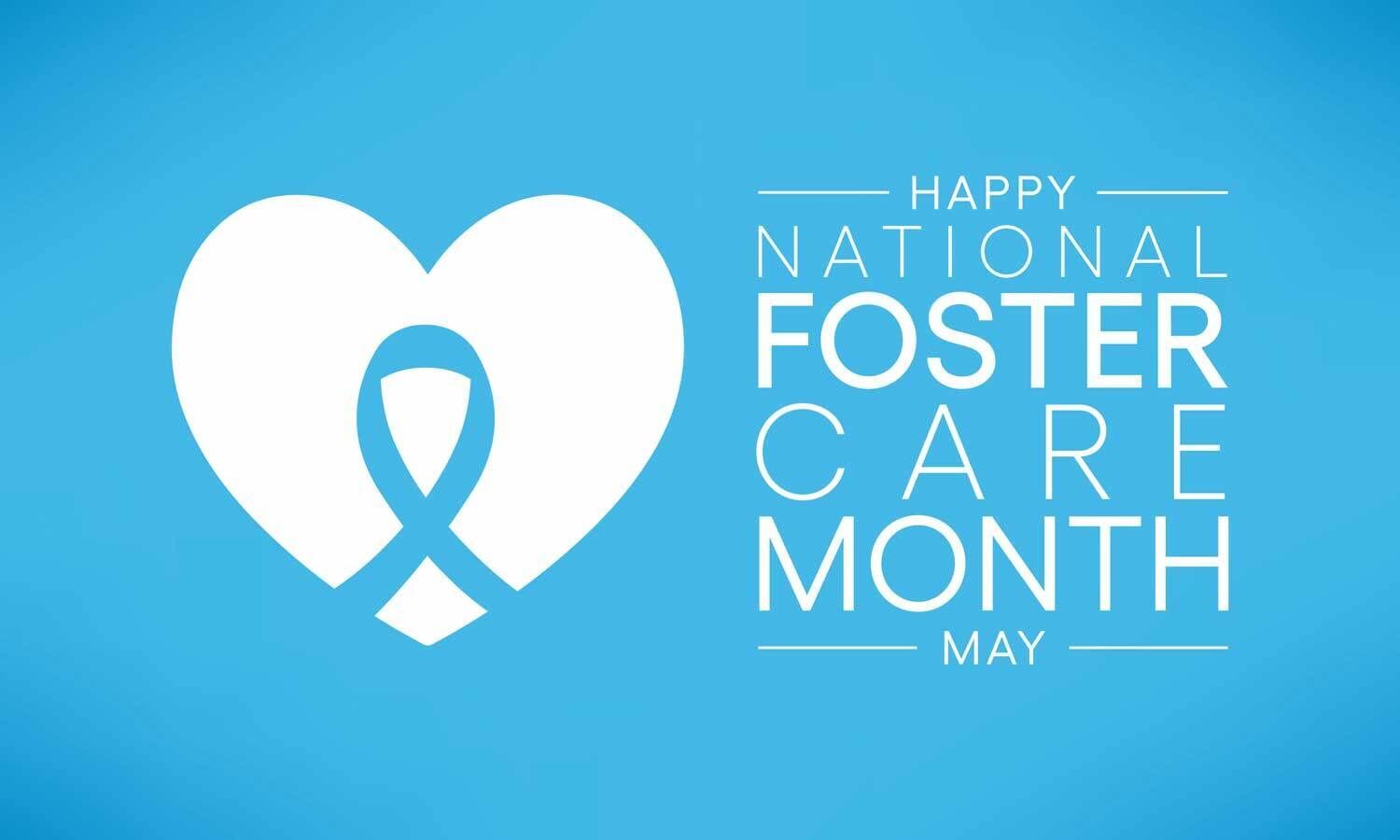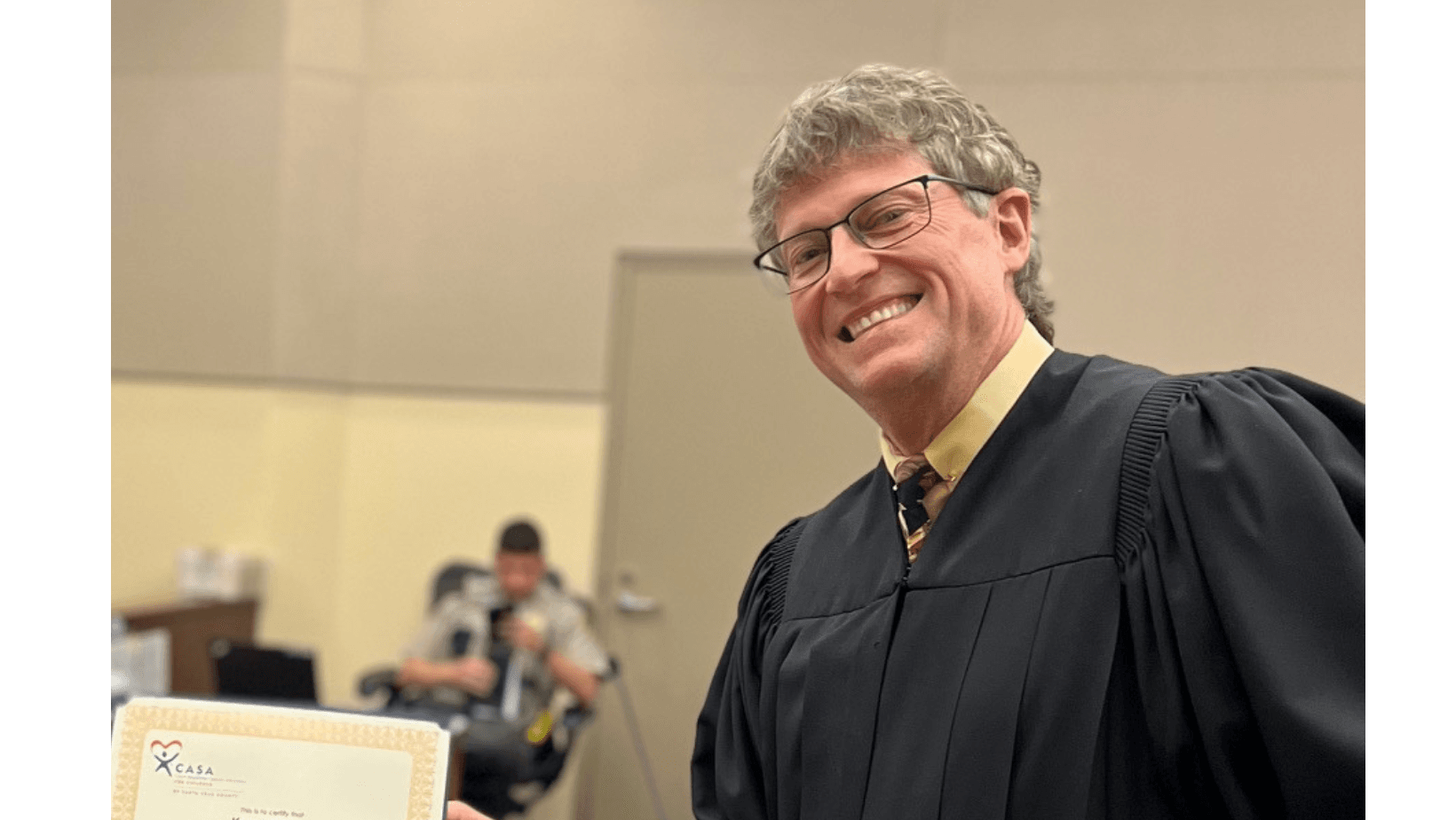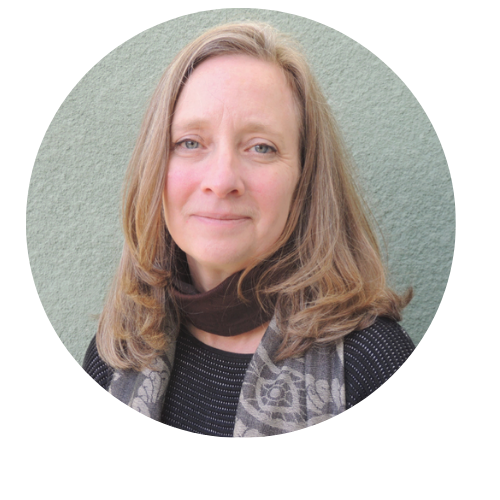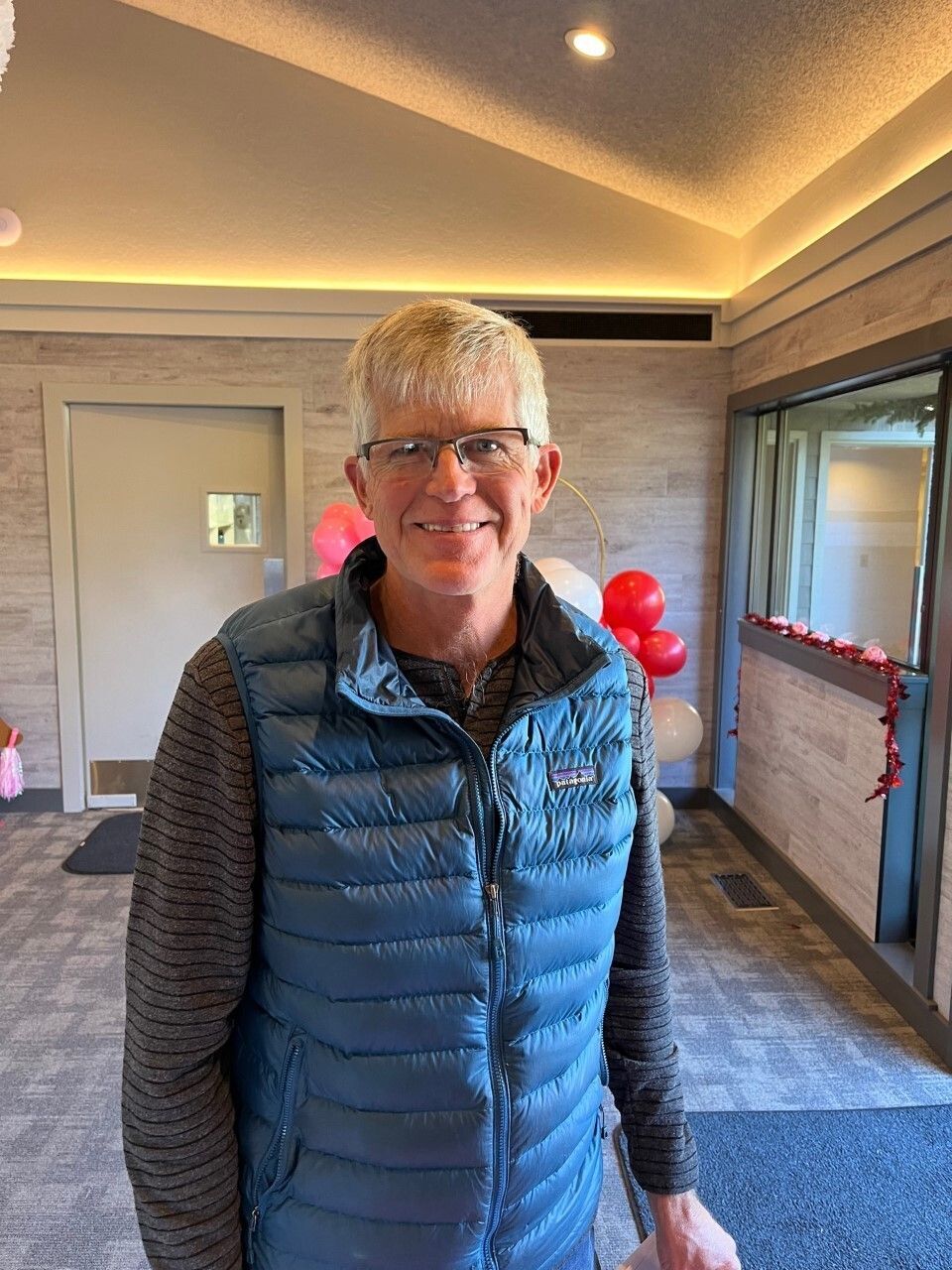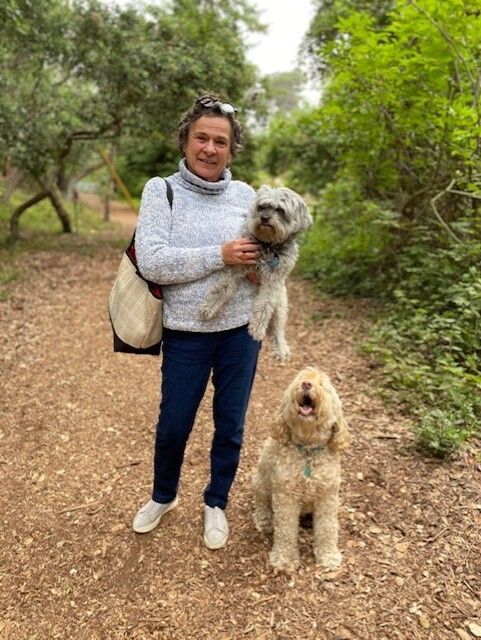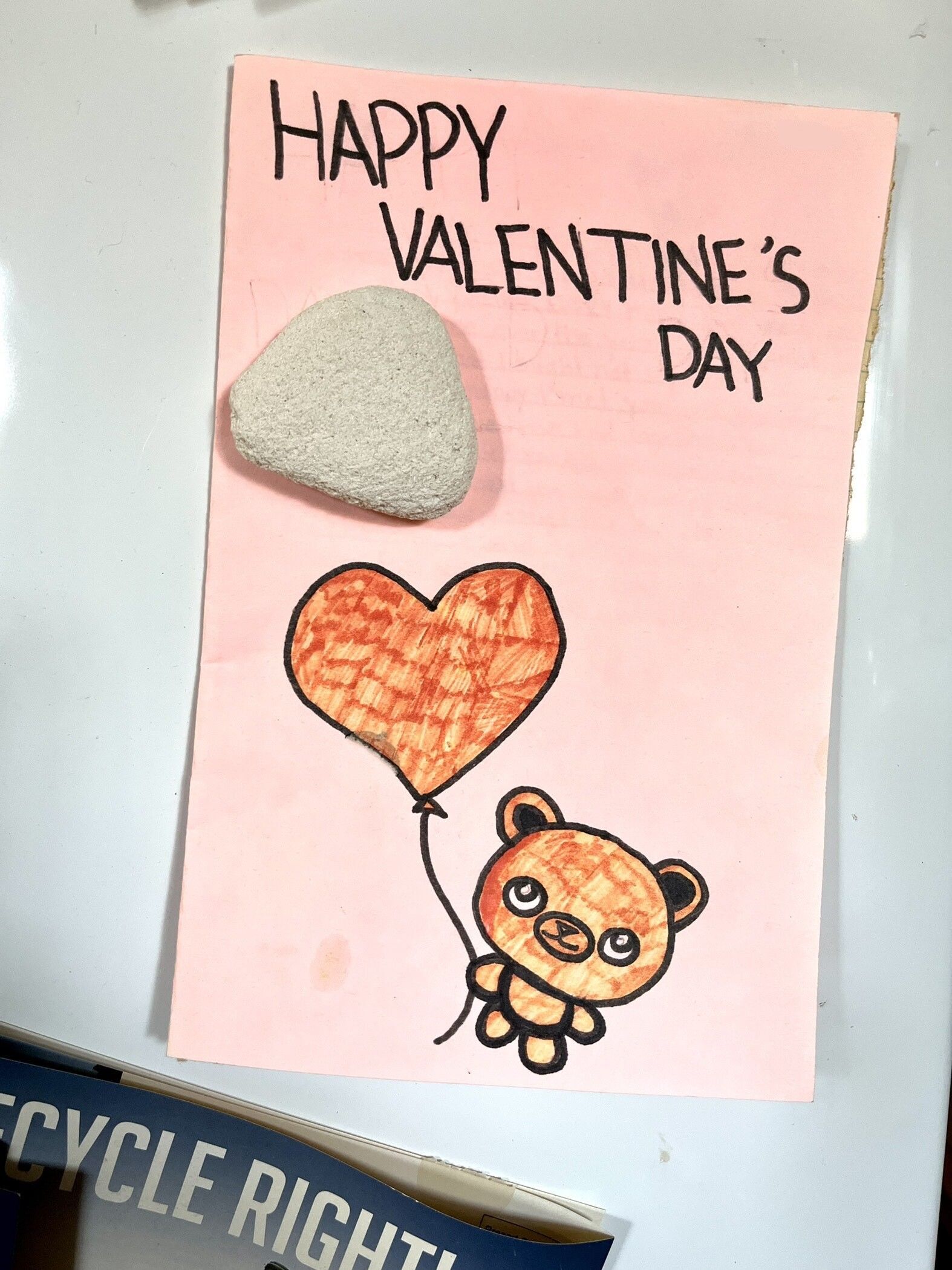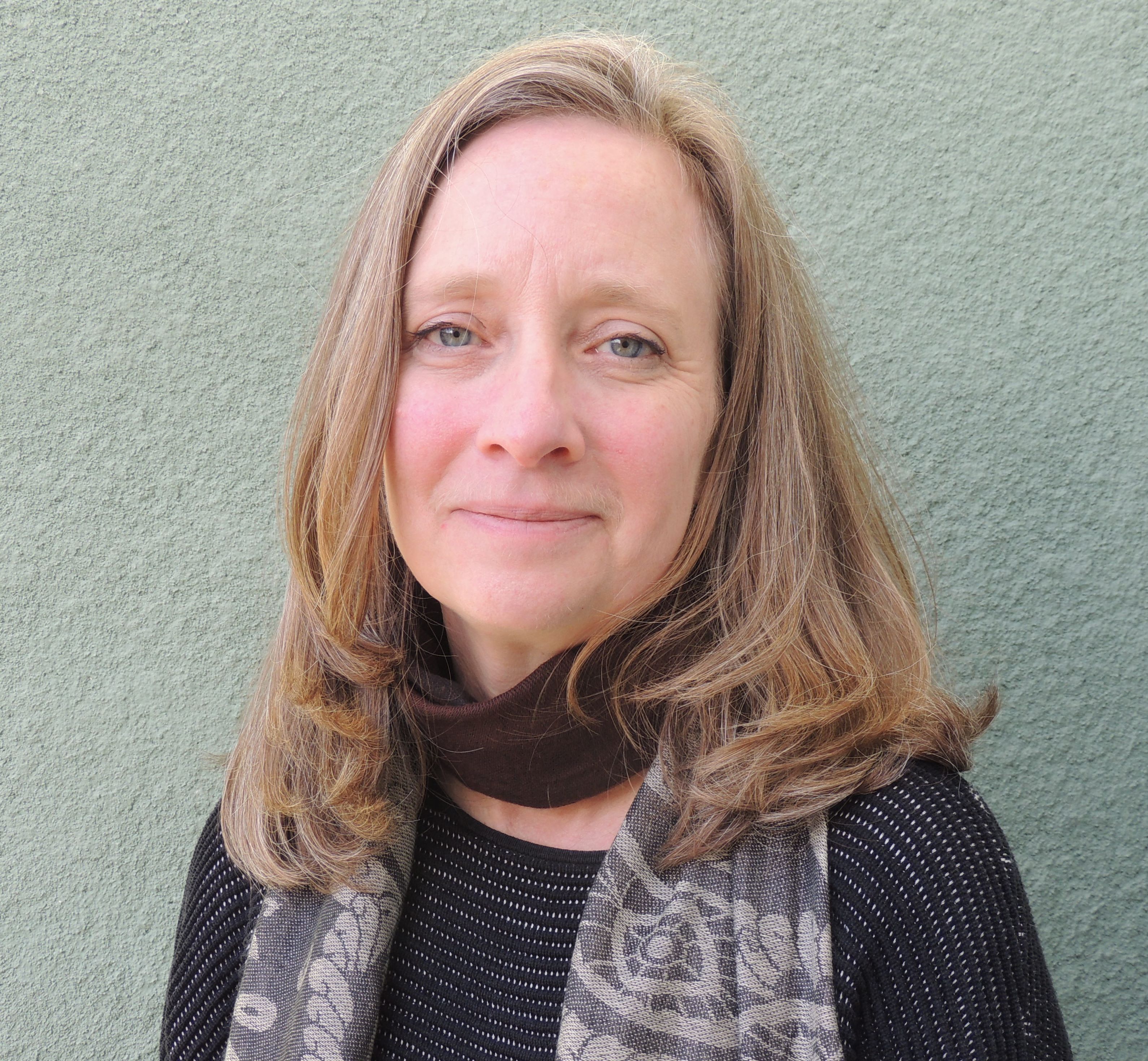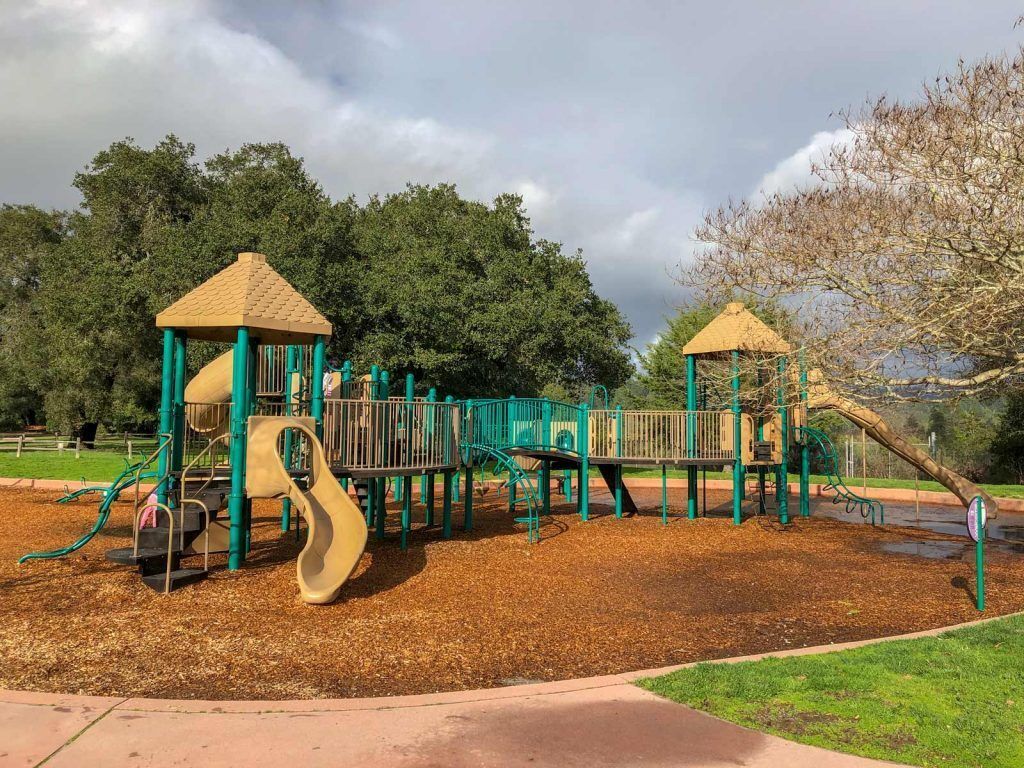The CASA Children’s Fund empowers Advocates to respond to the unique and evolving needs of the families we serve. It impacts the lives of children, helping to foster resilience and connection during a stressful and often confusing period in their lives.
Another year has flown by, and thanks to our community, we continue to advocate for the most vulnerable youth in Santa Cruz County. Despite significant federal and state budget cuts in 2025, your unwavering support allowed us to continue to fulfill our mission. Read Lynne's letter that wraps up 2025 and looks ahead to 2026.
In early 2025, CASA of Santa Cruz County shared a blog outlining the challenges that lead to teenagers in foster care being placed outside the county. Since then, several developments have made the situation even more difficult for youth who need stable placements close to home.
It is our honor to share the profiles of post-secondary students who, thanks to our donors, each received a CASA Scholarship in 2025. These resilient students have had previous involvement in either the foster care or juvenile-justice systems of Santa Cruz County and are working toward brighter futures.
Tony is an incredibly resilient teen. Despite the instability, trauma, and the lifelong medical condition he has navigated, he is a sweet and friendly kid with strong friendships.
Each November, we recognize National Adoption Month, a time to honor the families who open their hearts and homes to children through adoption and to reflect on the complex realities that bring a child to that point.
For more than a decade, Kathy Hundemer has been a CASA volunteer, bringing empathy, expertise, and a steady presence to children navigating some of the most challenging times of their lives.
Sue had always been passionate about working with young people, so when a neighbor suggested CASA, she signed up for training right away. Sue began supporting a resilient youth named Sasha* who was placed out of state in a residential treatment facility.
It is such a pleasure to reflect on the past quarter as I draft this update. We have so much to celebrate! Thanks to your incredible support, together we are truly making a difference and impacting lives in our community.
Betsy Cameron shares her story on becoming a CASA Advocate and the impact of her work with a teen who was experiencing probation.
As a new school year begins, CASA of Santa Cruz County is expanding its commitment to to the most vulnerable children of our community by stepping into a new role: supporting students and their families involved in Truancy Court.
As summer unfolds, youth in our community are facing more challenges than ever, especially those who are part of LGBTQ+ and immigrant communities. Every day, our Advocates show up with open hearts, listening, supporting, and standing by their side. These young people continue to inspire us with their resilience, determination, and hope for the future.
Michele McKee always knew she wanted to work with children. She once planned to use her teaching credential in the classroom, but life took her in another direction. Still, the desire to support young people never left her. After retiring from a long career in accounting and working part-time at Recovery Café San Jose, she knew it was time to follow through on something that had been in her heart for years. “If I’m not going to do it now,” she had said to herself, “it’s never going to happen.” So she signed up to become a CASA Advocate and has never looked back.
When Jordan was told he couldn’t attend prom because of his past, his CASA stepped in. But here’s the thing—CASA could only open that door because Jordan did the work to turn his life around. From facing multiple charges to closing his case, sealing his record, and graduating high school, this teen proved what’s possible with support and self-determination.
When 6-year-old Mark* returned home to his mother Cindy* after 18 months in foster care, he was full of energy, curiosity, and happiness to be back where he belonged. CASA Advocate Judy’s first meeting with Mark and Cindy was at the family’s home. Cindy, who had asked for a CASA, was warm and welcoming. The three of them headed out for hot chocolate that day—and right away, they started building trust and connection.
As you know, the first quarter of 2025 has been a turbulent time for those of us in the nonprofit sector. We have witnessed threats to federal pass-through funding, cuts to essential human services that youth and families rely on, and growing fear in our community.
At CASA of Santa Cruz County, we believe that every young person deserves the support and encouragement needed to build a positive future. Kathy, a dedicated CASA Advocate with a deep background in juvenile justice, has spent years guiding youth through some of life’s most difficult transitions.
This story shares the power of extracurricular activities in shaping young lives. Through sports and the arts, they have found a sense of belonging, developed critical life skills, and discovered new passions. Their dedication, perseverance, and joy in these pursuits showcase their resilience and the potential that lies within every young person when given the opportunity to thrive.
As we step into 2025, I’m excited to share my Quarterly Update for October-December 2024!
Each year, CASA of Santa Cruz County is honored to support young people striving to build bright and promising futures. Our 2024 CASA Scholarship recipients have all experienced the foster care or juvenile justice systems, yet their resilience, determination, and ambition continue to shine.
In Santa Cruz County, I have noticed more and more teenager dependents of the court end up in placements outside of the county. Currently about one-third of teens in out-of-home placement are placed out of county. This could be for a number of reasons.
Steve’s story is a testament to the difference a CASA can make. With Edward’s guidance and advocacy, Steve found pathways to channel his energy positively, learned to value respectful relationships, and discovered new opportunities for growth.
Kerry McDonald’s journey as a CASA Advocate reflects the essence of what it means to champion every child. Her work is child-centered, driven by the belief that every child deserves safety, stability, and love. Alongside this, she acknowledges the courage and determination of parents, foster families, and extended relatives who strive to create nurturing environments.
CASA may serve as one pillar of support, but with our partners, we create a network that’s far more impactful than any single organization could achieve alone. By working hand in hand, we’re building a community where every young person has the support they need to thrive.
As we settle into the beautiful fall season, I’m excited to share my Quarterly Update for July-September 2024!
When Evan first entered the system for his role in a school fight, he faced the possibility of a formal sentence. However, the judge saw his potential for growth and allowed him to participate in Informal Probation instead.
Samantha and Victoria* embarked on a heartfelt journey as co-CASAs (Court Appointed Special Advocates) three years ago in 2021 when they were matched with two spirited sisters, just 5 and 7 years old. June 2024 marked a joyous milestone for the sisters, with smiles all around.
This quarter was a busy one with many Advocates and their kids visiting the CASA house to play outside, create some art, grab a book, or fill the house with delicious smells from their baking.
June is when we celebrate families who have reunited, healed, and strengthened their family bonds. Living with birth parents is always in the child's best interest when it is safe to do so. Research shows that when children and youth are able to reunify with their families, they do better emotionally. They feel better about themselves, have more stability, and feel like they belong. We share with you one such story from the past year of a young girl and her mother.
Francine's journey is a testament to the enduring impact of a dedicated CASA volunteer and the unique bond between humans and animals.
Over the past year, we've deepened our understanding of how to effectively support juvenile justice-involved youth. One of the things we value most about CASA juvenile justice Advocates is their ability to hold space for complexity, so that a young person has the ability to heal, learn, make amends, and move forward in community.
We are so grateful for Dora’s warm acceptance of the family she was matched with and advocating for their needs. The family strengthened and healed with Dora’s help. Her dedication, innovative approach, and unwavering commitment to the well-being of the family left an enduring positive impact on this family. Through her actions, Dora has set a powerful example of how one individual's efforts can create a more compassionate, inclusive, and supportive community for all.
May is Foster Care Awareness Month, a time when we pause to recognize and appreciate the immense resilience of children in the foster care system. In Santa Cruz County alone, there are currently 169 children navigating the complexities of the Dependency Court system, ages 0-21. CASA has provided services to 83% of those children and youth. The diversity within foster care is profound, with each child's story and living situation unique. This is a snapshot of a few of the situations of children currently in the foster care system.
The days are getting longer, and the flowers are starting to bloom…which means it must be time for our springtime quarterly update!
You may have wondered how a child in foster care or on juvenile probation is identified as needing support and is then matched one-on-one with a volunteer Advocate at CASA. So how does CASA navigate the process of pairing dedicated volunteers with our county’s most vulnerable children and youth to best meet their needs?
If you work for a company, organization, a utility, or the federal government, you may have the opportunity to participate in a workplace giving program.
Workplace giving programs provide a seamless and effective channel for our volunteers and supporters to contribute to our cause. Through initiatives like payroll deductions, matching gifts, company grants, and donations for volunteer hours, you can maximize your support of CASA and the children we serve while aligning with your company's commitment to social responsibility.
An inspiring story of a justice-involved youth, Dominic, and his CASA advocate, Gerda.
CASA of Santa Cruz County is thrilled to share the inspiring stories of our recent scholarship recipients who have demonstrated resilience, determination, and a commitment to building brighter futures for themselves. We believe in the power of education to transform lives, and these six remarkable individuals exemplify the potential that lies within each person, regardless of the challenges they may have faced.
Foster care placements are temporary living arrangements provided by family members, licensed foster families, or group homes for children and youth who are unable to live with their biological families due to safety or other concerns...
Since the Community Council was created in September of 2023 we have met up twice or more times a month to discuss various issues. System-impacted youth and invited elected officials have helped us understand how we can be effective in our future endeavors.
I can’t believe a new year is already upon us!
As a UCSC student, I had the amazing opportunity to be a volunteer intern at CASA of Santa Cruz County during the Fall of 2023. Not only did I gain valuable hands-on experience, but I also earned full-time credit units towards my degree! From making a difference in the community to growing personally and professionally, this journey has left an indelible mark on my life.
When we think of youth involved in the juvenile justice system, it's all too easy for society to place labels on these young individuals who have had an encounter with the legal system. However, at CASA of Santa Cruz County, we firmly believe that justice-involved youth are not defined by the mistakes they've made or the offenses they've committed. They are, fundamentally, just kids.
Thanks to heartfelt donation by Chris MacFarlane in memory of Zachary Parrish and the incredible support from Bookshop Santa Cruz, we were able to go on a book shopping spree for the very young foster children of our community.
Zach was an author and had a love for books with Bookshop Santa Cruz being his go-to place. Zach had even won an honorable mention in a contest that Bookshop Santa Cruz held when he was a kid. Having these donated books go to foster children is special to Zach's family, as Zach's maternal grandparents had opened their home to dozens of foster kids over the course of 12 years.
With the gift, we were able to purchase dozens of bi-lingual, English, and Spanish board books and beginner reader children's books, bringing the joy of reading to young hearts. Many thanks to Casey at Bookshop Santa Cruz for your invaluable assistance and fantastic discount, enabling us to get even more books into the hands of these deserving children!
Welcome to Fall, with all its colorful changes, and our July-September 2023 Quarterly Update!
Since being sworn in, Ellen has worked with two families with each case spanning about two years, with a short break in between. In both situations, Ellen supported infants, which meant supporting not only the young children, but also their families, as any child under the age of 3 cannot be taken out of the home by a CASA. The babies Ellen supported had been removed from their mother’s care and placed with extended family in the community. Therefore, Ellen worked with both the resource family (the extended family caring for the child) and the birth parents, who were working toward reunification.
When Advocate Pete learned that 15-year-old Wes* loved animals, he brought his dogs along to their very first meeting. They all went on a walk and got to know each other a little better. When the walk was over, Pete asked if Wes wanted him to be his Advocate. Wes said “yes.”
I hope that your summer is off to a great start. Thank you for being one of our strongest supporters and taking the time to read our Spring 2023 quarterly update.
As of Monday, July 17th, 2023, current and former foster youth can attend University of California, California State University or California community college free of charge.
Juvenile Court Judge Jerry Vinluan shares his experience of wearing an ankle monitor for a week. These GPS monitors are placed on certain youths on probation to track the movements and used as an alternative to incarceration at juvenile hall. His week with the ankle monitor provided invaluable insights into the lives of justice-involved youth. By sharing his story, he hopes to shed light on the realities faced by these justice-involved youth and inspire a deeper understanding and a bit of empathy within our community.
Patrick, a dedicated CASA volunteer for the past eight years, had his CASA experience take an unexpected turn when he was asked to advocate for a 17-year-old, justice-involved youth in 2022. When Patrick first learned that he would be matched with a young man, K*, on probation, he couldn't help but feel a mixture of hesitation and fear. Like many volunteers, Patrick had concerns and some unanswered questions about working with a youth involved in the justice system.
However, to his surprise, K turned out to be a polite and respectful teenager, far from the "scary" image that initially crossed Patrick's mind.
When a child or youth is taken out of the home, it can be a traumatic experience for the entire family. We here CASA of Santa Cruz not only support the child or youth though these tough times but the entire family to help the child or youth return home.
As National Foster Care Month comes to a close, we want to take a moment to express our appreciation for the incredible individuals and families who selflessly open their hearts and homes to children in need
In my nearly three years of serving as our county’s Juvenile Dependency Judge, I almost daily marvel at the significant positive impact made by Court Appointed Special Advocates in the lives of the various parties engaged in juvenile dependency.
Lynne Petrovic, Executive Director, shares the work CASA has been doing over the first month of the quarter.
April is National Child Abuse Prevention Month, a crucial time to raise awareness about preventing child abuse and neglect. Preventing child abuse requires a community effort. We as a community can help give families the tools they need to thrive.
As a volunteer Advocate in CASA’s Juvenile Justice Pilot Program, Larry was matched with 17-year-old Tyler.
As one of CASA’s newest Advocates, Pia was a little apprehensive when she was matched with two teenage sisters and their five-year-old brother. But as Pia describes it, “It just felt right.”
A beautiful example of how a family, with support of an amazing caring CASA, can heal and grow, even thru tough times.
Black History Month is a time to remember, celebrate and commemorate the achievements and contributions by African-American men and women throughout U.S. history.
Devon edged closer to aging out of the system, leaving him without the much-needed resources for him to flourish into adulthood. But right around his 18th birthday, Devon was matched with Advocate Prentice.
CASA of Santa Cruz County Receives Grant from the California CASA Association to Strengthen Foster Youth Advocacy.
Every year, CASA of Santa Cruz County serves about a dozen dual-status youth, meaning youth who are in both Dependency and Juvenile Justice Courts. Advocates are often matched with youth in one court and then enter into another to become dual-status. Advocate Sarah was matched with 11-year-old Hope* in 2017 while in Dependency Court. When Hope was 13, she was arrested for the first time and became a dual-status youth. Unfortunately, Hope has been in foster care since the age of 6, has had 16 placements, and has lived in several group homes. Her life has been full of trauma and hurt, and the pain can manifest itself with her behavior.
As we close out the year and CASA’s 30th year of supporting Santa Cruz County foster youth and their families, we would like to take the opportunity to celebrate our amazing community.
Advocates Sue and Susan became co-CASAs for two young siblings placed in foster care in December 2020 and spent two and half years Advocating for and working with the family as the parents and kids reunified, healed, and grew.
November is National Adoption Month and CASA of Santa Cruz County would like to highlight a family who lovingly adopted their grandchildren into their home. Volunteer Advocate Julie has been with Charlie through all the changes during the past three years—from living with his parents, to the transitions and homelessness during COVID, and through the entire adoption process.
Our Quarterly Update from Lynne is here! Take a read of what CASA of SC County has been up to the past three months.
Former foster youth, Ana, shares in her own words how she lost her voice while in the foster care system and how she found it again.
Jill became a CASA Advocate in 2020 and was matched with a transition-age youth, as a mentor to help with independent living and the transition to adulthood.
The CASA Scholarship Fund offers awards to current or former foster youth who are attending college, vocational training, or other accredited educational pursuits. These renewable awards are in the amount of $500 or $1000. While tuition and dorm fees are usually covered by the student’s financial aid package from the school, youth need extra resources to not just survive in college but thrive.
Here are some excerpts from recent award recipients’ essays to illustrate how the funds help them feel supported:
June is Reunification Month where we celebrate families that are successfully maintained during their time in the Dependency Care System.
Mike (fictitious name) suddenly became a single father of three young girls during the pandemic while living in a shelter. His daughters had been removed from their mother's care due to neglect, and now had to figure out how to raise them on his own.
As any parent will tell you, newborns require a lot of care. Newborns exposed to addictive substances in utero, or pos-tox, doubly so. Over 85% of the infant cases referred to CASA of Santa Cruz involve a baby born pos-tox. And so, in honor of Foster Care Awareness Month, we would like to celebrate the Foster (Resource) Families that take on the extremely challenging task of caring for these high-needs infants.


